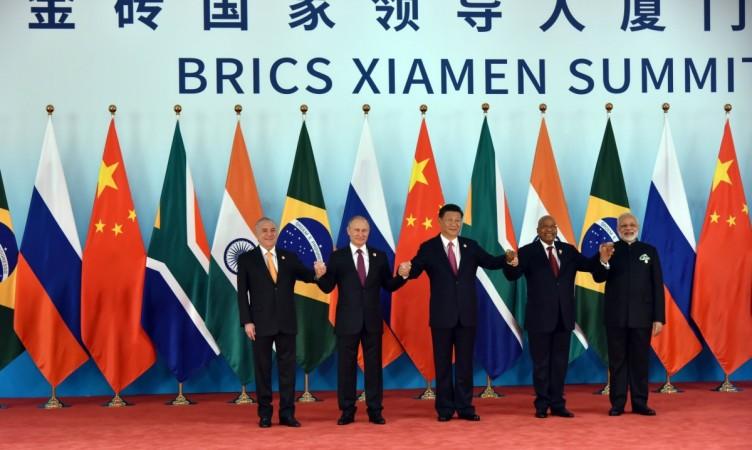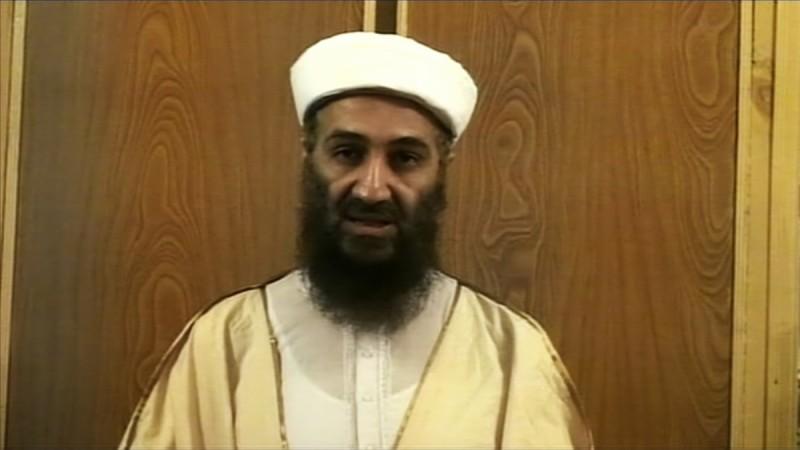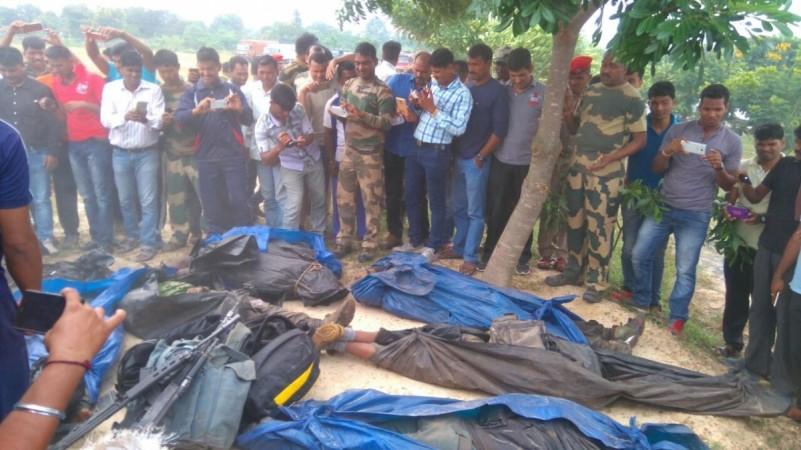It is "inappropriate" for India to "connect terrorism with Pakistan," a leading Chinese daily has claimed in an Op-Ed article, virtually negating the joint statement the leaders of BRICS nations – including China's President Xi Jinping – had issued early last month.
Back then, the leaders of Brazil, Russia, India, China and South Africa had unanimously condemned terror groups emanating out of Pakistan, specifically naming outfits like Lashkar-e-Taiba, Jaish-e-Mohammad, Tahreek-e-Taliban Pakistan and Hizb-ut-Tahrir.
The article published in the Global Times, which functions under the aegis of the Chinese government-run People's Daily, says terrorism "should not be linked to nationality or religion."

The article – written by Long Xingchun, a senior research fellow at The Charhar Institute and director of the Centre for Indian Studies at China West Normal University – raises some interesting points, but ones that can be easily rebutted on the basis of the simplest strand of logic.
On UNGA conversations
One point the Global Times article seemed to be drawing from was the speech of External Affairs Minister Sushma Swaraj late last month at the United Nations General Assembly (UNGA), in which she had answered Pakistan Prime Minister Shahid Khaqan Abbasi in strong words.
The Indian foreign minister has said at the global platform: "We established scientific and technical institutions which are the pride of the world. But what has Pakistan offered to the world and indeed to its own people apart from terrorism?"

The Global Times article claimed: "It is inappropriate for Swaraj to connect terrorism with Pakistan. A global consensus has emerged that terrorism should not be linked to nationality or religion."
The question of whether the remarks of Swaraj – who was representing India at the UNGA on the occasion – were inappropriate or not does not even arise, given that the Chinese president himself has condemned terrorism rising from the soil of Pakistan.
As for the second part of the statement, while every Pakistani may not be a terrorist, parts of the government and its machinery should definitely be held accountable for their role in fuelling terrorism both within the country and across its borders – in India and Asghanistan.
Terrorism and the nation
The Global Times article also claimed that al-Qaeda "has bases in Afghanistan, however, countries including the US do not term Afghanistan a terrorist country. [sic]"
While this may be true, it may also be remembered that the former al-Qaeda chief who was the most-wanted terrorist in the world was not found hiding in Afghanistan. Instead, he was found living in Pakistan with one of wives, and in close proximity to a base belonging to the Pakistan armed forces!

Also, there must have been quite a reason behind why the United States did not choose to inform Pakistan when it took out Osama bin Laden at his Abbottabad hideout in the dead of the night.
So, while the Chinese article may be correct in saying that terrorism should not be linked to nationality, its author should do well to explain how a corrupt, terror-aiding government may be perceived separately from the people it represents.
Admission of guilt?
What is even more interesting about the Global Times article is that it – in an effort to divert attention from Pakistan and the terrorism efforts it aids – all but admits that China fuels extremism in India!
The article says: "Actually, most attacks targeting India are not carried out by anti-India militant groups in Kashmir, but Maoists and the separatist forces in Northeast India are behind most assaults."
Given that Maoists – followers of the Communist doctrines of Chinese leader Mao Zedong who have taken the extreme path to achieve their goals – are often believed to be receiving arms and ammunition from China, this could be a veiled confession!

China 'neutral' on Kashmir
Another interesting point the article tries to make is the position Beijing has taken on the Kashmir issue over the years.
It simply says: "China has remained neutral on the Kashmir issue, hoping that the two can peacefully solve their disputes. China can play a constructive role if the two require its help. Otherwise, China would not get involved."
While the second and the third sentences are nothing new by way of statement – China had offered to play mediator earlier as well, but strong protests from India had made it back off – it is the first sentence that is interesting.
China, despite claiming it has "remained neutral on the Kashmir issue," had taken control of Aksai Chin, and only strengthened that hold through negotiations in the 1990s.
More recently – to be specific, this was during the Doklam standoff between India and China – a high-ranking Chinese official had warned that China could to enter Jammu and Kashmir if India did not withdraw its troops from the tri-junction.
If this article is anything to go by, China seems to be back to its old stance where it defends Pakistan and blocks India's efforts to end terrorism both in the region and around the world.













